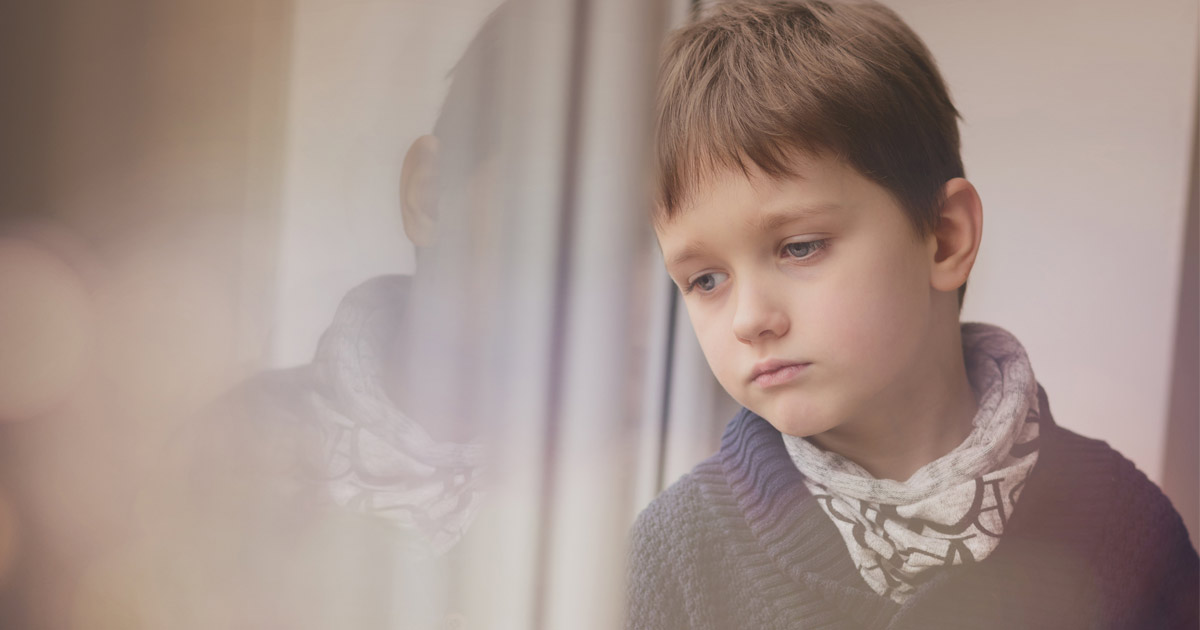The state of New Jersey has strict laws to protect children from abuse and neglect, and when an adult who bears responsibility for the well-being of a child fails to provide for them or exposes them to harm, criminal charges may be brought against them.
The New Jersey Division of Child Protection and Permanency (DCPP) must investigate all reports of child abuse that it receives and then decide if it is in the child’s best interest for them to remain with their parent or caregiver. After investigating allegations, the DCPP may also report the abuser to local prosecutors and charges may be filed against the parent or caregiver. In New Jersey, these charges could include child abuse, child endangerment, or sexual assault.
New Jersey S.A. 9:6-1 and 9:6-3 cover the definitions of child abuse, abandonment, cruelty, and neglect and the penalties for such crimes. These terms are very broad and include but are not limited to the following.
Abuse
This includes:
- Using excessive physical restraint such as tying the child down or locking them up.
- Performing bad or indecent acts in the presence of the child that harm their morals.
- Allowing others to perform bad or indecent acts in the presence of the child.
- Using obscene language repeatedly in the presence of the child.
- Using a child to perform dangerous labor or work that is morally questionable.
Cruelty
Cruelty includes:
- Causing unnecessary physical or mental pain and suffering to a child.
- Using severe corporal punishment.
- Exposing a child unnecessarily to pain and hardship.
- Causing a child mental or physical pain and suffering through a willful act or omission.
- Tormenting a child.
Neglect
The person with legal custody of a child can be charged with neglect if they fail to provide adequate food, clothing, shelter, education, or medical care or other necessities for the child’s physical or moral well-being. The definition of neglect also includes putting the child in an institution inappropriately or abandonment.
Child Endangerment
Because children cannot care for or protect themselves, the adults charged with this duty are held to a high standard. Exposing a child to any kind of harm, abuse, or neglect, even unintentionally, can cause authorities to bring charges of child endangerment. Exposing a child to health or safety risks is also considered child endangerment if the exposure resulted in the child being in the presence of any kind of sexual conduct that corrupts or debases their morals.
Sexual Abuse
Any type of sexual behavior with a child or sexual exploitation of a child is abuse. Sexual offenses against children fall into three categories: rape, molestation, and the distribution, production, or possession of child pornography.
What Are the Penalties of Child Abuse?
The crime of child abuse is a felony, and penalties are related to the degree of the crime committed. Anyone convicted of child abuse charges can face prison time, fines, and possibly having to register on a list of known sex offenders. Below is a summary of penalties assigned by the degree of the charges beginning with the most severe types of crimes:
- First degree: This category includes crimes involving the sexual assault of minor children under 16 years old and carries the most severe penalties, including the possibility of 10 to 20 years in prison and the lifelong requirement to register as a convicted sex offender.
- Second degree: These charges are filed in cases of sexual assault involving minor children ages 16 to 18 years old, or child endangerment cases where an adult has physically restrained and harmed the child in their care. Penalties of second degree child abuse crimes include five to 10 years of prison time and fines.
- Third degree: Reserved for lesser child endangerment cases, a third-degree child abuse charge still carries a possible sentence of three to five years in prison and a fine. Child neglect with unintended consequences, such as exposure to illness, is an example.
- Fourth degree: This type of charge can carry up to 18 months in prison for cases that did not result in physical harm to the child but still exposed the child to harm or caused them emotional or mental suffering. Prosecutors may choose to bring fourth-degree charges in cases of neglect, such as failing to provide the child with adequate clothing and access to education.
Child abuse offenders often face multiple charges with the corresponding multiple penalties if convicted. New Jersey also has a centralized database of child abuse and neglect investigation records. If you are the subject of a DCPP investigation that determines allegations against you have been substantiated, your investigation records will be filed there and provided to employers who are required to perform background checks.
Criminal charges of child abuse have serious consequences, and if you are facing a DCPP investigation that produced criminal charges against you, it is important to consult with a knowledgeable lawyer who knows how to navigate the DCPP system and protect your rights.
New Jersey DCPP Lawyers at the Law Offices of Theodore J. Baker Can Help You if You Are Facing Charges of Child Abuse
Our knowledgeable New Jersey DCPP lawyers at the Law Offices of Theodore J. Baker can help you if are facing charges of child abuse, neglect, or endangerment. Call us at 856-210-9776 or complete our online form to schedule an initial consultation. Located in Cherry Hill, New Jersey, we serve clients throughout South Jersey, including Haddonfield, Marlton, Medford, Moorestown, Mount Laurel, and Voorhees.









